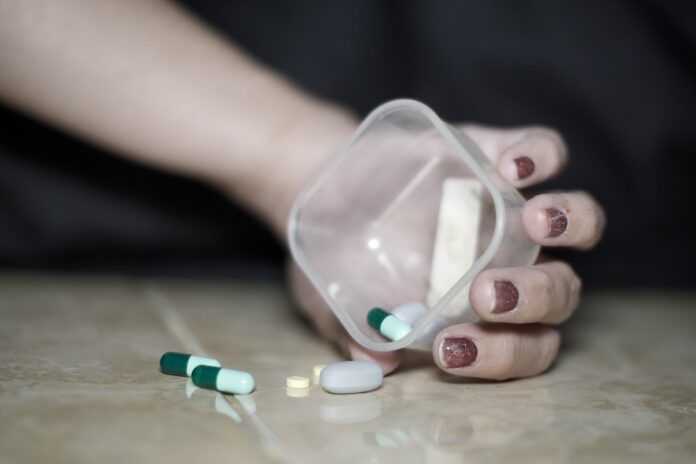The B.C government has added playgrounds, spray parks, wading pools and skate parks to its list of exempt locations from the decriminalization of certain drugs.
Individuals found to have illicit substances within 15 meters of the added locations risk being charged under the federal Controlled Drug and Substances act.
Originally, the list of locations excluded from the provincial decriminalization policy included K-12 school grounds, licensed childcare facilities, and airports.
The measures came into effect Monday. A media release from the province said the exemptions were added to ensure kids and families feel safe in their communities.
“Our government is committed to breaking down barriers and connecting people to the support they need,” said Jennifer Whiteside, B.C.’s Minister of Mental Health and Addictions
“We requested this amendment from Health Canada to ensure that families feel safe in their community while continuing to use every tool available to fight the toxic-drug crisis and save lives.”
The provincial government rolled out its decriminalization legislation on Jan. 30 of this year. The three-year pilot project has seen the removal of criminal penalties for individuals possessing up to 2.5 grams of some illegal drugs.
Instead of punitive consequences, law enforcement is required to provide individuals with information of harm reduction and recovery resources.
The province’s website says decriminalization is a tool in the fight against toxic drugs. However, many municipal leaders, including Nelson’s, have expressed their concerns with how the policy was rolled out and the lack of recovery services available for individuals who try and seek treatment.
“Decrim in its current form does not work,” said Mayor Janice Morrison during one of the city’s regular council meetings where they discussed adopting a municipal bylaw to address some of the growing concerns surrounding decriminalization
“There were unexpected consequences when the provincial government rolled out decrim in the form it was in and the government has heard that loud and clear, not just from the City of Nelson, but from every municipality in British Columbia.
“The health authority needs to develop a plan, and that plan needs to not just have harm reduction, which is the only tool in the toolbox currently. It needs to include recovery delivered in a rural setting, that is here for our people, our friends, our relatives. But even more importantly, it needs to also include a plan for after recovery and deliver reintegration. These people need significant help and, in many cases, for the rest of their lives.”
The province says it plans to add hundreds of treatment beds and increase accessibility to harm reduction services, according to their website.
Earlier this month, city council implemented a bylaw that prohibits the use of drugs in 12 locations frequented by children throughout the city.
With the municipal bylaw, no punitive measures are planned as a way of enforcement, however with the province’s new policy changes, local police now have the power to press criminal charges against those who violate the terms of decriminalization.
The province says it plans more policy changes to the decriminalization legislation this fall to further address some concerns surrounding public consumption and ensure that the overall goal of the pilot is meeting its desired outcomes.





